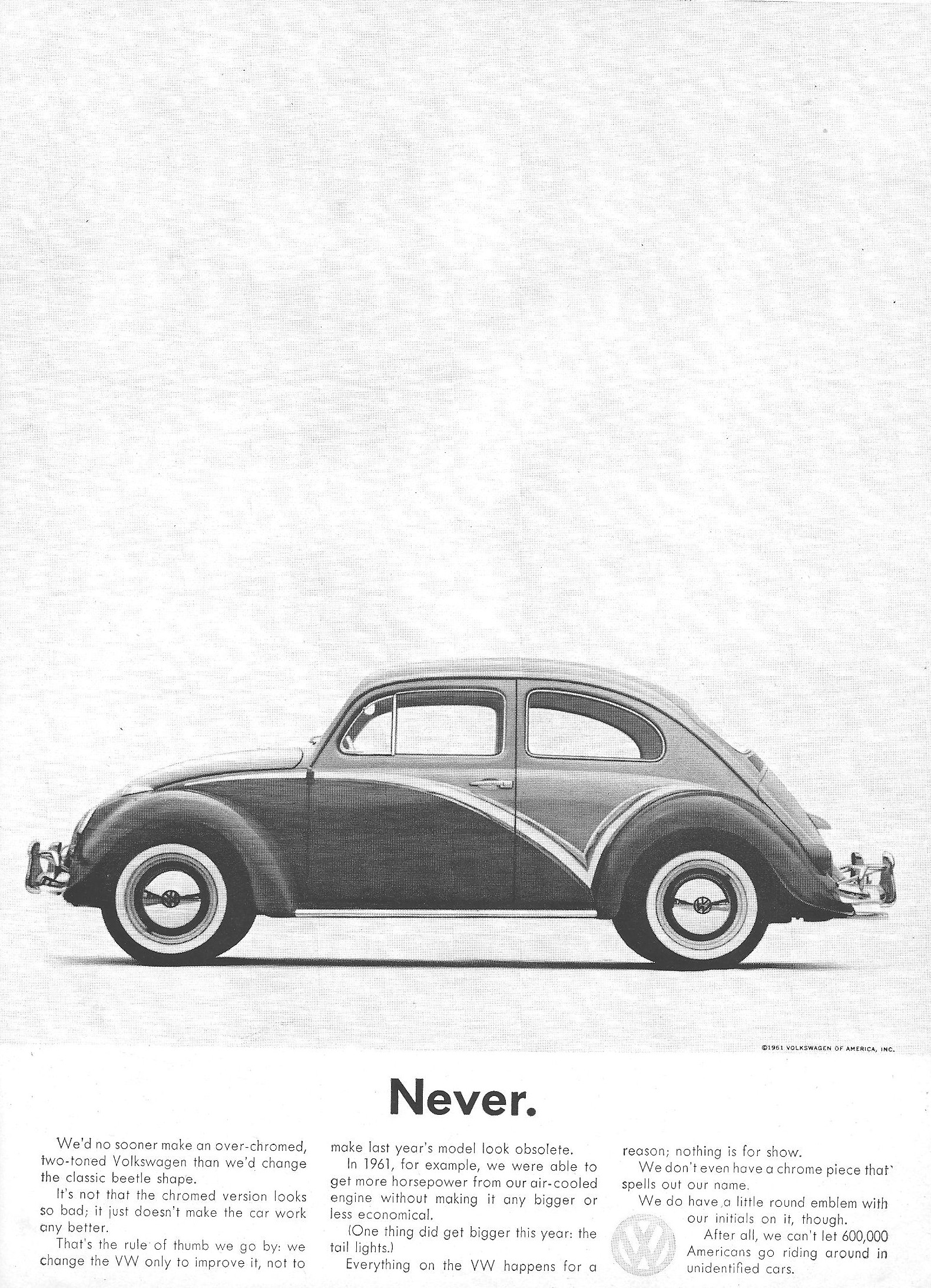New Marketing Trend: Honesty?
The internet is full of people being the best. Best car wash in town, best coffee in town, best prices, best customer service, buy now! While first impressions are important, and people want to get a better product for their money, maybe it’s time for a change. People are growing more and more weary of the influx of “best” companies and are starting to increasingly value sincerity and honesty in the companies they purchase from.
To prove this, the Boston Consulting group carried out a study in 2013 where millennials were asked to name the most important things brands can do to “engage and interest” them. Their top two responses were to reward their loyalty with discounts/ promotions and to “be authentic.” These were also important for gen-Xers and boomers, but especially so for millennials.
This research also found that millennials think they’re good at detecting when a brand is being honest or transparent. According to the group, the most common mistake a “boomer business” can make is creating campaigns that come across as artificial, forced, condescending or out of touch.
This is why authenticity is so important, especially in the age of social media, where brands can enter the discussion themselves.
The benefits of honesty
It doesn’t matter what product or service you sell, the truth is a universal way to connect with your customers more. Here’s why:
- Positive publicity. According to Vocus, 77% of online shoppers base their purchase decisions on reviews from other customers. Nowadays it’s just too easy to see what everyone else is saying, with the majority of e-commerce stores having review pages, and brands all having social media accounts. If you create an honest ad campaign, people will likely share the product or service more, and nothing shows trust to others than popularity.
- Better publicity. Humans have a natural craving to share great experiences with friends and family. People also love finding a small brand that they can tell others about, as it can feel exclusive to have a little secret brand that makes an amazing product. That’s why word of mouth is still worth more than influencer marketing.
London-based referral marketing platform Mention Me conducted its own research with 2,000 UK consumers on the topic of recommendations, and the results confirmed that we still trust our real-life friends and family over internet-celebrities. Only 3% of respondents say they would trust a celebrity recommendation and 5% would trust a blogger or influencer. This is a chasm of difference compared to 50% of those trusting a friend and 46% a partner or spouse.
Having a completely transparent, “nothing to hide” image will really reflect to your audience, and while you can pay for influencers, the best customers are the ones who aren’t getting paid.
- Manages expectations. No one’s ever lodged a complaint about a burger that was advertised as “not too bad!” There have, however, been a lot of companies in court for false advertising for promising too much (Disclaimer: Red Bull doesn’t give you wings!) People going in not expecting
much can very easily be on your side.
- Trust= retention. If your customers trust your brand and its values, they’re more likely to return. Building a brand personality where you disclose everything to your customers can allow them to really feel in-the-know and build a relationship with you.
Where do I start?
- Take Responsibility. Businesses are likely to make mistakes at some point. Some are more high profile than others, but either way, many companies try to cover their mistakes up to avoid a “PR nightmare.” That being said, coming clean and apologising shows character and willingness to change. Customers would much rather hear “this is the mistake we made, and we’re sorry- here’s what we’re changing and here’s a discount code” than “what mistake?”
- Don’t sugar-coat your social. If your company truly cares about the customer experience, it should be able to value loyal customers more than a lot of one-time sales. Being honest on social media achieves this. While it doesn’t turn heads as much as a flashy “10/10 product, 100% money back guarantee!” ad, it will likely create more recurring sales, since the users that do buy are more pleased. Don’t go over the top with fabrications or vague promises, as you’ll lose in the long-term.
- Be authentic. Companies are often huge, faceless and hard to connect with. This is a huge mistake, because talking about your goals, values, culture and more will help your audience see your company as a group of people, and not just a name. Tesla are a great example of this, as a sizeable portion of their fans don’t even own a Tesla car. They just love the fact the brand is laser-focused on advancing the human race and phasing out fossil fuels.
- Be easy to talk to. Creating a great customer experience often means putting their needs above the sale overall. There’s nothing worse than going to buy a car and feeling as if you’ve just stumbled into a lion’s den, and now you’re being circled by fear-tasting salesmen. They don’t have the car that you want, but what about this car? It costs more and it’s worse, but I promise you’ll love it. What if I throw in an upgrade? How about £100 off the price? How about another £50?
The customers have needs, and the more directly and simply you can provide them with what they want, the more highly they’ll rate your business. If you’re seen as a helpful and friendly company, that would even be willing to guide the customer to a competitor if there was a more suited item there, people won’t hesitate to return at a later date.
Success story
Volkswagen are seen as one of the originators of honest advertising in mainstream media. In 1949, William Bernbach started Doyle Dane Bernbach (DDB) with some colleagues, the Manhattan advertising agency that would start a marketing campaign for the new but somewhat unmarketable Volkswagen Beetle.
In a time of big, powerful, American muscle cars and post-World War 2 German tension, they were tasked with bringing this small, strange-looking foreign car to the US.
They couldn’t compete with the beauty of the cars on the market, so they decided to just be honest.

By stating their intentions, their values of creating reliable cars with nothing extra, they surprised the market. They continued these ads for a generation with massive success, and were even voted the No. 1 campaign of all time in Advertising Age’s 1999 “The Century of Advertising.”
Need a little help?
We here at TribeMiner can create strategies of all kinds. We’re also honest and transparent to customers, including you!

